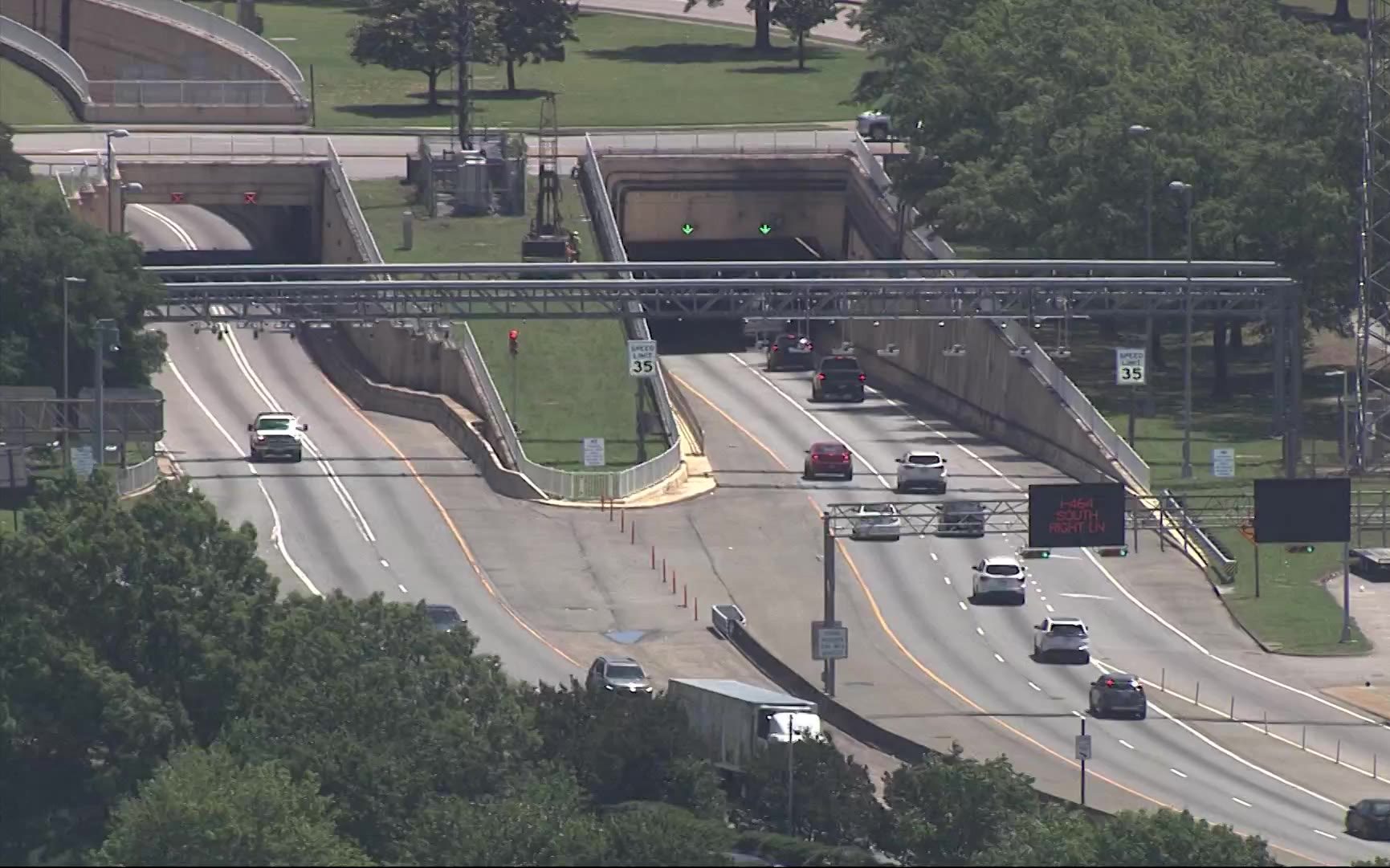NORFOLK, Va. (WAVY) — The retrial of Keith Bryant in the March 2019 killing of William & Mary student Nate Evans entered its second full day of testimony Wednesday.
Bryant’s first trial was declared a mistrial due to a hung jury in April 2024.
Bryant and another man, Kri’shawn Beamon, are both charged with murder in the case, though only one gun is alleged to have been used. Beamon, who was originally charged less than a week after the incident, took to the stand to defend himself and, mostly did not recall details from it.
The proceedings narrowly avoided becoming a second mistrial Tuesday, after Bryant’s defense attorney, Mario Lorello, demonstrated that a Norfolk Police detective who worked the case had not handed over all available documents before trial. It was actually Lorello, however, who requested a mistrial not be declared, even though he had argued for more documents in pre-trial hearings.
A jury was selected and opening arguments were made by Monday afternoon. The court then heard testimony from a witness who had heard the gunshots and discovered Evans’ body on the night of March 21, 2019.
He described hearing the loud pops — not uncommon in Norfolk — and seeing a calm crowd outside his house on 43rd Street near Old Dominion University. He said a Ford Fusion backed into the car behind it and sped away with no lights on.
Tuesday, the court heard from the detectives and other law enforcement personnel who investigated the case over the last six years. A forensic scientist explained to the jury how they linked the shell casings to the murder weapon — a Glock handgun firing 9mm Luger cartridges.
It was the testimony of Norfolk Police Sgt. La’Toya Mitchell, one of the original detectives, that almost brought the proceedings to a halt.
She testified that video of the car fleeing the area led to the arrest and eventual charging of Beamon, the owner. In the trunk, they found a black Glock gun box that had a serial number.
When Mitchell said she had gotten an ATF trace on the serial number, Lorello threw his pen down onto his desk and complained to the judge that that information had never been turned over to his side, that this had been an issue in the first trial, and that he had requested such documents before.
“I’m not sure what else I can do,” he said, lamenting to the court, before requesting an instruction be given to the jury about the police violating the Brady rule.
Mitchell said the single-page document was the only thing she had withheld. The judge asked angrily if she expected the court to believe that.
After a brief conversation with the attorneys, the judge explained to the jury that the police department had violated its responsibility to turn over all documents.
Lorello went on to question why Mitchell had not investigated what he viewed as other leads in the case, despite multiple years to do so.
When Beamon’s car was located, he noted, the man driving it refused to turn his phone over to police, telling them there might be “stuff to tie me to the murder.” Lorello questioned why he was not investigated as a person of interest.
Mitchell explained they lacked the probable cause. The case was complicated by the COVID-19 pandemic.
The questioning grew heated as Lorello suggested Mitchell purposefully did not turn over other documents, making important decisions that were up to the Commonwealth’s Attorney’s office.
Lorello then accused her of violating Beamon’s right to have an attorney present during interrogation, citing the tape of their conversation the night Beamon was arrested. The transcript showed that the two continued to talk for a substantial amount of time after Beamon invoked his right.
Lorello said she was clearly making statements designed to elicit a response, which counts as questioning under Virginia law.
Mitchell was called to the stand to clarify what they talked about Wednesday afternoon. She reiterated that she did not ask Beamon any questions about the case and that she even reminded him that he had requested a lawyer multiple times.
She said it was Beamon who asked questions, and who said he was scared and asked for a hug. She testified that she held his hand, that she reminded him of his mother. When she tried to leave the room, he kept the conversation going.
Beamon complained that he had been robbed of his chance to play football for a Division I school.
“No one robbed you of the rest of your life,” she said in response, according to a portion of the transcript read in court.
Under a second grilling by Lorello, Wednesday, Mitchell defended her decision not to investigate a suspicious jail call between Beamon and some friends. The defense attorney described one of the statements made in it as signaling that he was taking credit for a crime he didn’t do in order to protect the real perpetrator.
“Listen to my voice; I can’t tell you who’s talking, but if you end up good, I’ll end up good,” a voice told Beamon, according to Lorello’s read of a transcript of the call.
Beamon, for his part, told the court that he had only ever fired guns with his father, and that he didn’t play with them. He also denied recalling answers to most of the questions asked him, including about numerous inconsistent statements, spurring Lorello to ask if he had memory issues.
He said he had bought marijuana products from Evans before, and that he had remotely wiped his phone — which was left at the scene — to protect it from “strangers.”
He had set up the weed deal, he said, but he didn’t know anything about the shooting.
Lorello accused him of pinning the blame on his client in order to get out of jail after three years of pre-trial detention.
Beamon’s response was mumbled.






